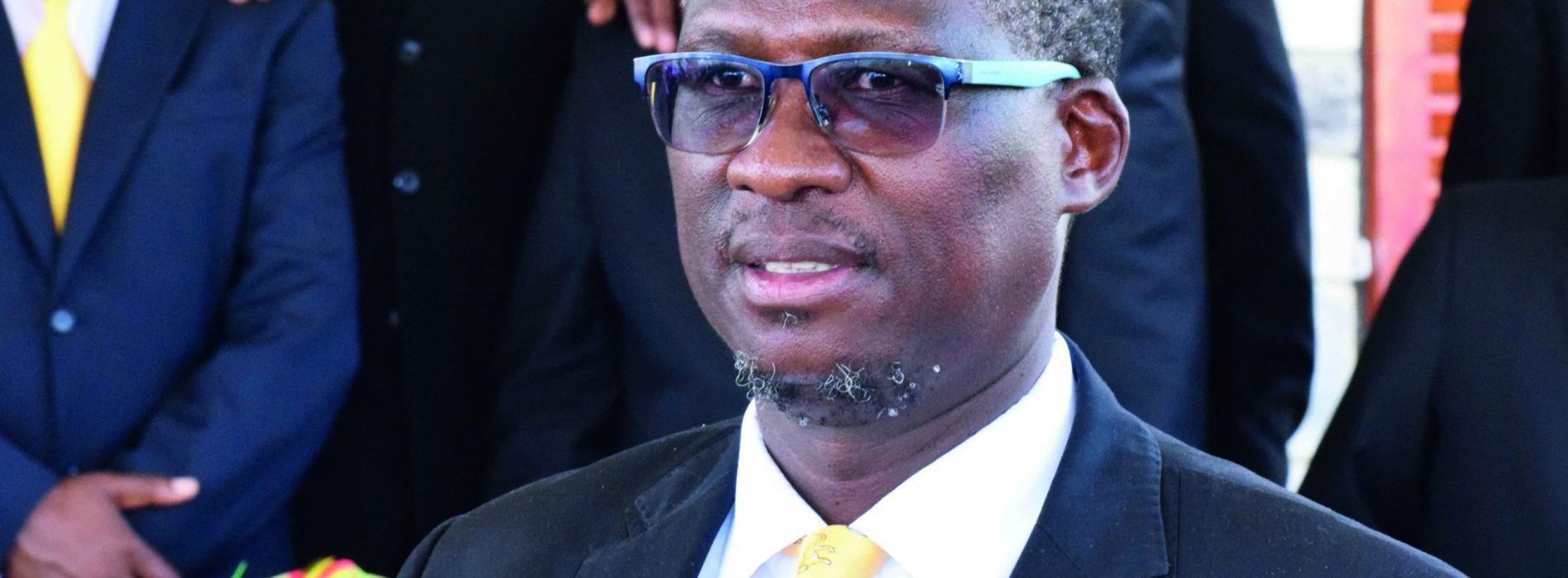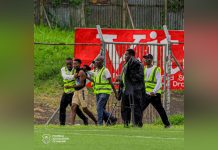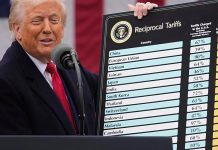Africa-Press – Lesotho. COMMUNICATIONS Minister, Sam Rapapa, says there is something sinister with the way MPs rejected four bills he recently brought to parliament. Rapapa, who is also chairman of the fractured All Basotho Convention (ABC), told thepost that “there is something political about” the rejection of the bills.
What particularly annoyed him was that the bill brought by a Democratic Congress (DC) minister was allowed to sail through. Rapapa was left fuming after MPs rejected the Local Government Bill, Sectional Titles Bill, Computer Crime and Cybersecurity Bill and the Sim Card Registration Bill.
Rapapa pushed the Local Government Bill and Sectional Titles Bill before he was reshuffled to the Ministry of Communications. The Computer Crime and Cybersecurity Bill and the Sim Card Registration Bill were tabled by Keketso Sello before he was moved to the Ministry of Public Services and replaced by Rapapa.
Rapapa sees the rejection of the Bills as an attack on the ABC minister who brought them to parliament. He says it is curious that the National IDs Bill, tabled by Home Affairs Minister and DC deputy leader, Motlalentoa Letsosa, was allowed to sail through.
“This is an attack against me, the government and ABC,” Rapapa said, adding that “I see the opposition’s hand in this”.
“I fail to understand why the bills coming through the ABC in parliament are blocked just like that and this one from the DC is allowed.
What does it mean? It is the opposition at work. ”
Rapapa told parliament on Monday that the decision to reject the Bills is tantamount to sabotaging the government’s business.
“It is unfair that four out of five bills we brought have been blocked,” he said. The MPs told the government to go back and consult stakeholders before tabling the proposed laws for debate.
The Computer Crime and Cybersecurity Bill and the Sim Card Registration Bill were rejected at the recommendation of the Committee on Prime Minister’s Ministries and departments.
The committee said the Ministry of Communications has not consulted media organisations, the police, Ministry of Defence and National Security, telecommunications companies before tabling the bills.
The Sim Card Registration Bill, which is the most controversial of the bills, requires all citizens and non-citizens using mobile phones in Lesotho to have their personal information banked with the Lesotho Communications Authority and accessed by security agencies with ease without their consent.
The bill proposes a central database where the personal information of all telecommunications subscribers will be kept by the LCA on behalf of the government of Lesotho.
All mobile device subscribers will have to submit their biometrics and other personal information to the central database every time they acquire mobile devices and activate sim cards.
MISA Lesotho has said the proposed law violates the right to privacy. The Computer Crime and Cybersecurity Bill seeks to address challenges brought by lack of cyber legislation in Lesotho which led to perpetrators of cybercrime going unpunished.
However, the committee found that security agencies were excluded in the formulation of the Computer Crime and Cybersecurity Bill. “The inclusion of media houses and telecommunication agencies is very crucial in the compilation of this Bill,” chairman of the committee, Lehloka Hlalele, told parliament when he recommended the rejection of the bill last week.
“All Security Agencies should be an integral part of the cybersecurity management and should be represented in the National Cybersecurity Advisory Council,” Hlalele said.
He said the bill deals with two major sets of crimes, computer crimes and crimes of cyber security, which are “comprehensive enough to constitute two legal frameworks”.
“Combination of two sets of crimes may lead to a law that is vague and difficult to implement,” he said.
Rapapa argued that the non-registration of sim cards is dangerous because it makes it difficult for the police to trace murderers. “Sim cards are used to insult others and carry out corruption,” he said.
Responding to Rapapa’s cries, the Lesotho Congress for Democracy (LCD) leader, Mothetjoa Metsing, urged him “to allow the National Assembly to disallow the regulations”.
Metsing said the minister has the ball in his court “therefore he should go back to polish the regulations then come back”. “We agree that phones are misused sometimes,” Metsing said.
Metsing said the government should have consulted all the stakeholders, adding that “it is not a small thing that people’s information will be taken without their consent”.
“If it falls in the wrong hands the information can be used as a weapon,” he said.
Forestry Minister Motlohi Maliehe blamed the committee “for not calling the uncounted stakeholders instead of disallowing the bills”. “The job of the committee is to polish the laws before passing,” Maliehe said.
“Lesotho is now facing a lot of criticism from the world for not strengthening its laws.”
For More News And Analysis About Lesotho Follow Africa-Press






